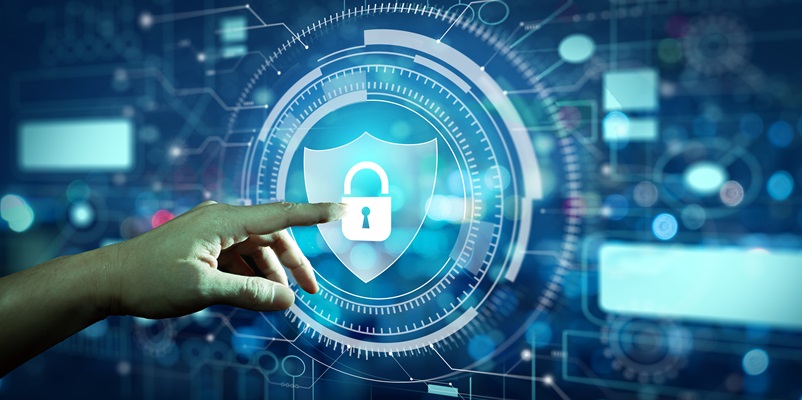With the ever-increasing digitization and reliance on technology, data breaches and cyber incidents have become a growing concern. The exposure of sensitive information poses significant risks to individuals, businesses, and organizations. This article delves into several recent data breaches, highlighting the need for enhanced data security and privacy measures.
The Real Estate Wealth Network’s Unsecured Database Breach
In a shocking incident, an unsecured database linked to the Real Estate Wealth Network was discovered to have exposed a staggering 1.5 billion records. This breach not only raises serious concerns about the network’s data protection practices but also emphasizes the potential consequences of such a massive security lapse. The breach serves as a wake-up call for organizations to prioritize robust cybersecurity protocols.
Celebrities’ home addresses exposed online
Public figures have a right to privacy and security just like anyone else. However, recent incidents have revealed that their home addresses are vulnerable to exposure. This poses potential risks such as threats to their safety and an invasion of their privacy. It highlights the urgent need for better protection of personal information, irrespective of an individual’s social status or public profile.
Data breach at Corewell Health affecting over 1 million patients
In another distressing data breach, an unidentified threat actor managed to compromise the data of over 1 million Corewell Health patients in Michigan. The breach occurred between July 14 and July 23, during which specific files were accessed and copied. The stolen information includes names, addresses, birthdates, Social Security numbers, and medical details. The magnitude of this breach underscores the importance of implementing robust security protocols in the healthcare sector.
LoanCare LLC notifies homeowners of a potential data compromise
Mortgage loan subservicer LoanCare LLC has announced that it is notifying over 1.3 million homeowners about a potential data compromise following a cyberattack. The breach exposed personal details such as names, addresses, Social Security numbers, and mortgage loan numbers. Such incidents highlight the dire need for organizations to prioritize data protection and invest in stringent cybersecurity measures.
Yakult’s “cyber incident” in Australia and New Zealand
Yakult, the renowned producer of a probiotic milk drink, is currently investigating a “cyber incident” that has impacted its IT systems in Australia and New Zealand. The hack resulted in the theft of approximately 95GB of data, which was subsequently leaked on the dark web. This incident is a stark reminder that no organization is immune to cyber threats and reinforces the necessity for constant vigilance and robust cybersecurity strategies.
Maytronics’ customer and distributor database was exfiltrated by the Pro-Palestinian group Cyber Toufan. This breach raises concerns about the potential consequences of unauthorized access to sensitive business information. Organizations must remain proactive in fortifying their cybersecurity defenses against both external and internal threats.
McAfee Mobile Research Team’s discovery of Android/Xamalicious
Researchers at the McAfee Mobile Research Team have unveiled the presence of Android/Xamalicious, an Android backdoor leveraging the Microsoft-built open-source framework Xamarin used for creating mobile and desktop applications. This discovery underscores the growing complexity of cyber threats and the need for continuous monitoring and updated security measures to safeguard against emerging threats.
The increasing number of data breaches and cyber incidents serves as a stark reminder of the urgent need to strengthen data security and privacy measures. Whether it’s unsecured databases, compromised personal addresses, or targeted attacks on organizations, the consequences can be severe. Safeguarding sensitive information demands robust cybersecurity protocols, continual threat assessment, and a collective commitment to prioritizing data protection. Only by taking these steps can individuals, organizations, and societies mitigate the risks and stay one step ahead of cybercriminals.

